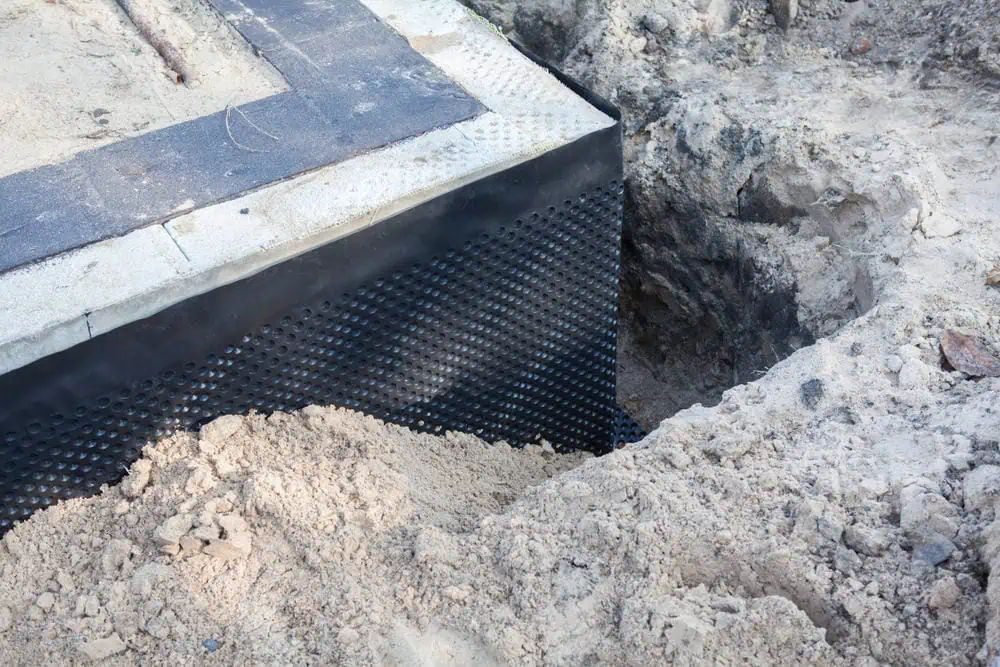Basement Waterproofing in Wakefield, MA
Academy Masonry offers expert basement waterproofing services in Wakefield, MA, providing tailored solutions to keep your home safe and dry. Our experienced team uses advanced techniques and materials to address specific moisture challenges in Middlesex County. Trust Academy Masonry for reliable, professional service and exceptional customer satisfaction.



